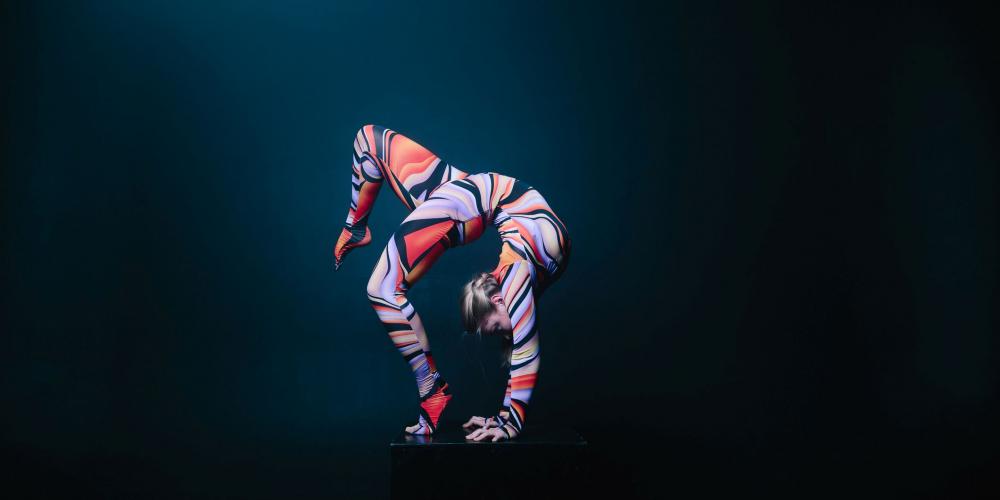
Creativity and Innovation in a World of Movement
This project explored the dynamics of cultural production and creativity in an era of intensifying globalisation and transnational connectivity. The aim of the project was to examine concrete discourses, practices and embodied experiences of creative production, and to identify the distinctions and potential conflicts that arise between local, national and global trends or influences.
The project focused on three groups:
- Contemporary artists, roadside artists and producers of popular religious images who recycle, appropriate and merge globally circulating styles and images
- Curators and leaders in cultural centres, museums and religious organisations who continually reassess artefacts and imagery, often with specific objectives in mind
- Consumers of art, craft and religious artefacts who creatively engage with the items in various settings.
The research demonstrated that competing or alternative discourses about, or claims to, creativity, whether positively valuing or disregarding copying, have often played a key role in identity formation. It was found that, in different situations, discourses of creativity and cultural value reinforced claims to being ‘European’, ‘Asian’, ‘Indian’, ‘South Indian’, ‘British’, ‘Norwegian’ etc. The project team concluded that these situational claims can only be understood in relations to long-term processes of empire building, missionary activities, colonial rule, movements of cultural and political independence, civil war, migration and the formation of diasporas.
Dr Maruška Svašek
Project Leader
Queens University Belfast
United Kingdom
Ethnographic fieldwork was carried out in the following countries:
| Argentina | Australia | Austria |
| Barbados | Brazil | Canada |
| France | Ghana | Guyana |
| India | Norway | Sri Lanka |
| Suriname | Trinidad | United Kingdom |
Project Partners
Dr Maruška Svašek
Project Leader
Queens University Belfast
United Kingdom
Prof. Øivind Fuglerud
University of Oslo
Norway
Dr Leon Wainwright
Manchester Metropolitan University
United Kingdom
Prof. Dr. Birgit Meyer
University of Utrecht
Netherlands
Associate Partners
Dr Barbara Plankensteiner
Weltmuseum Wien
Austria